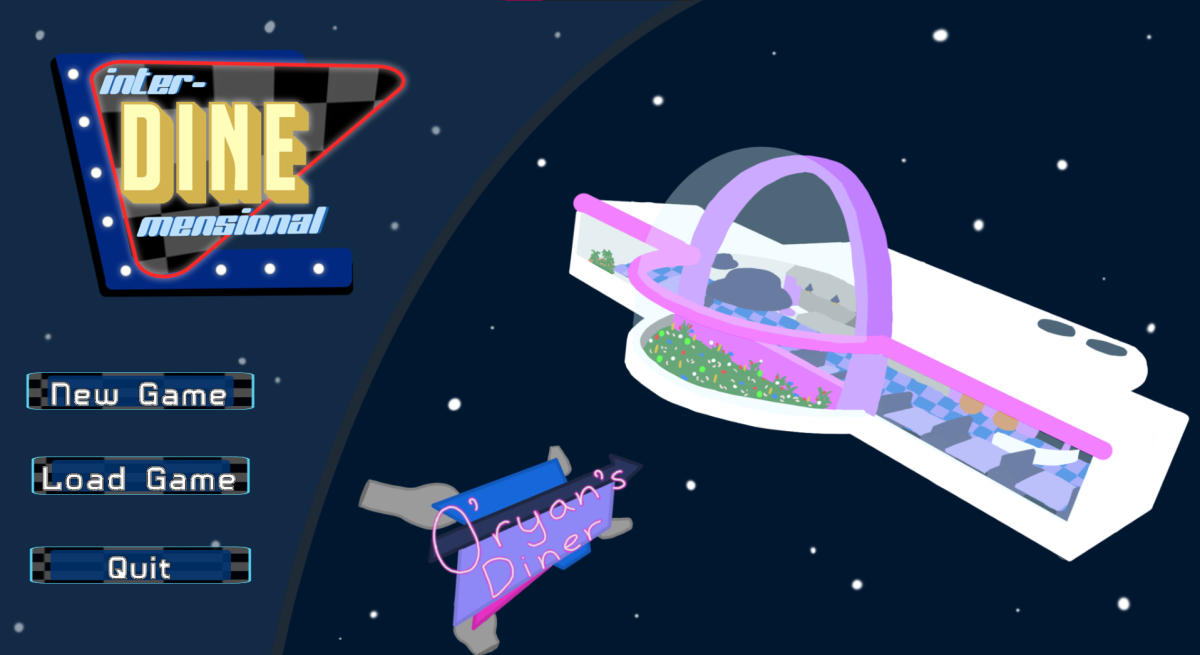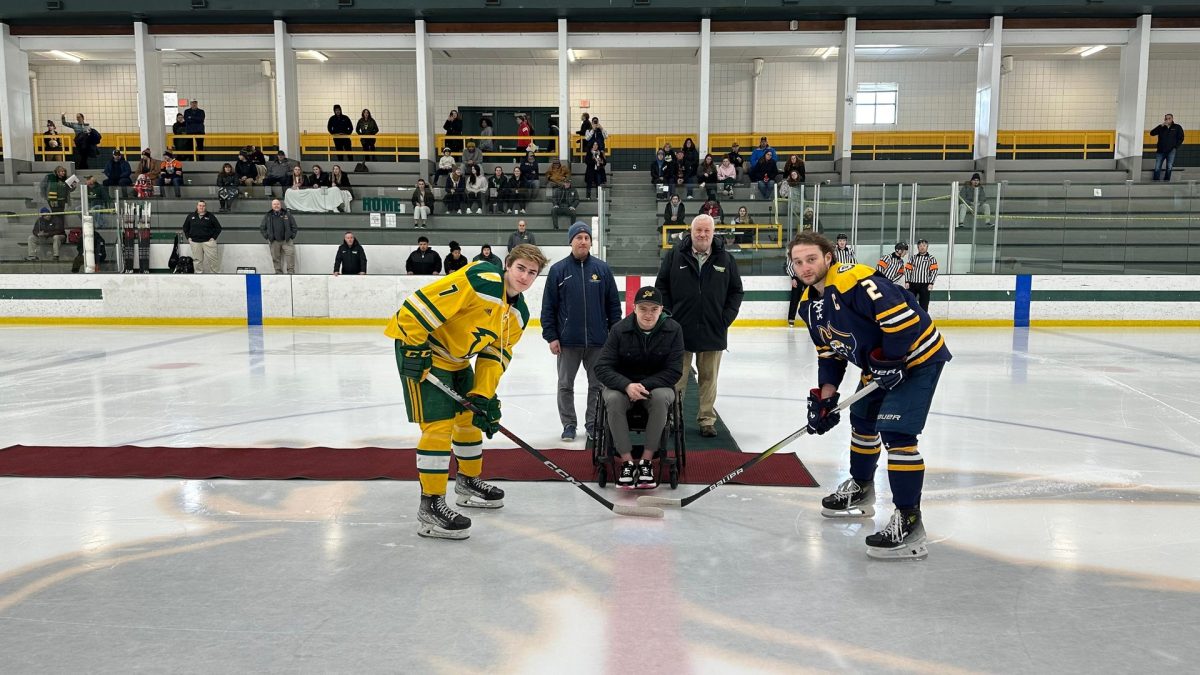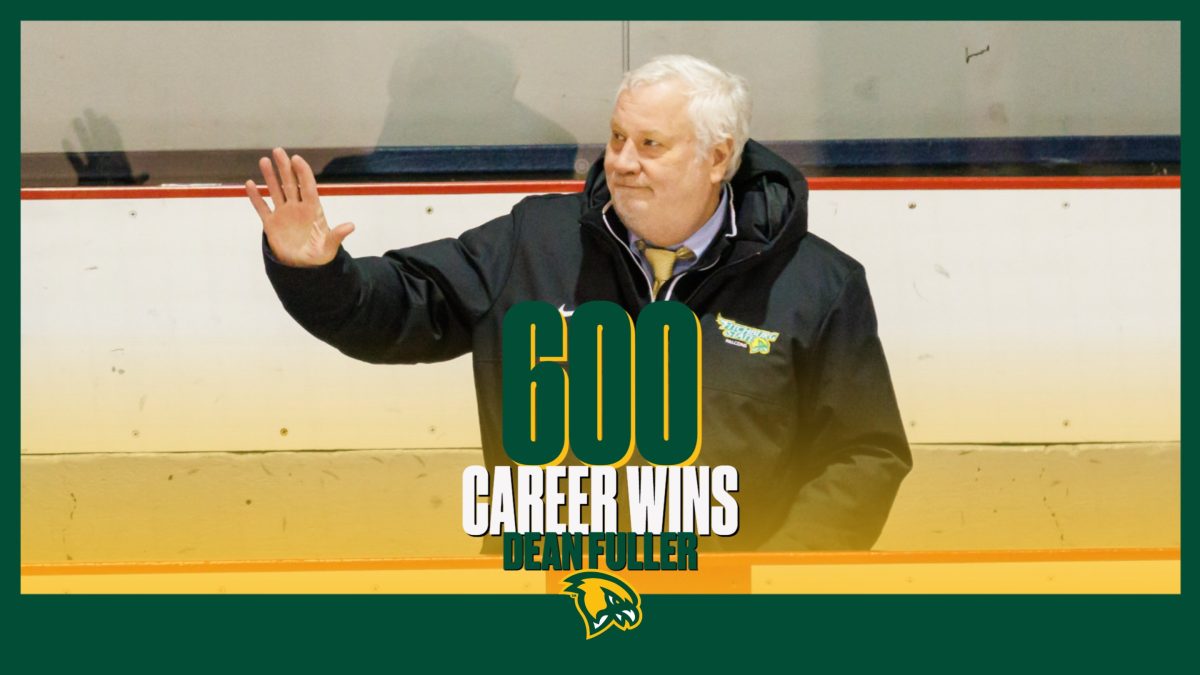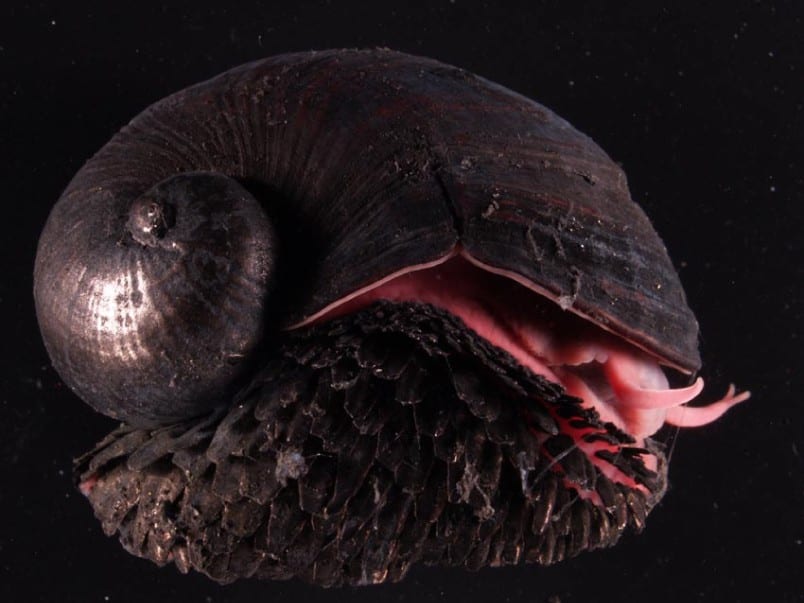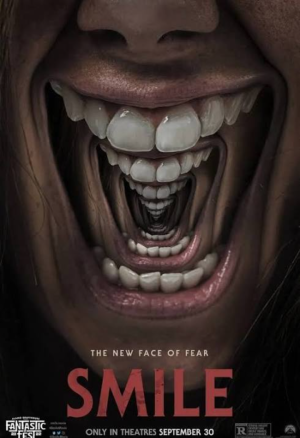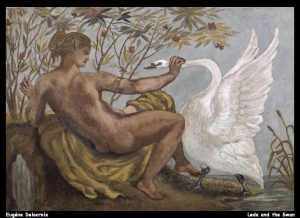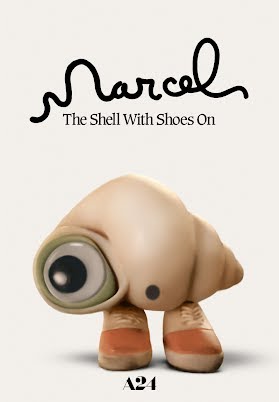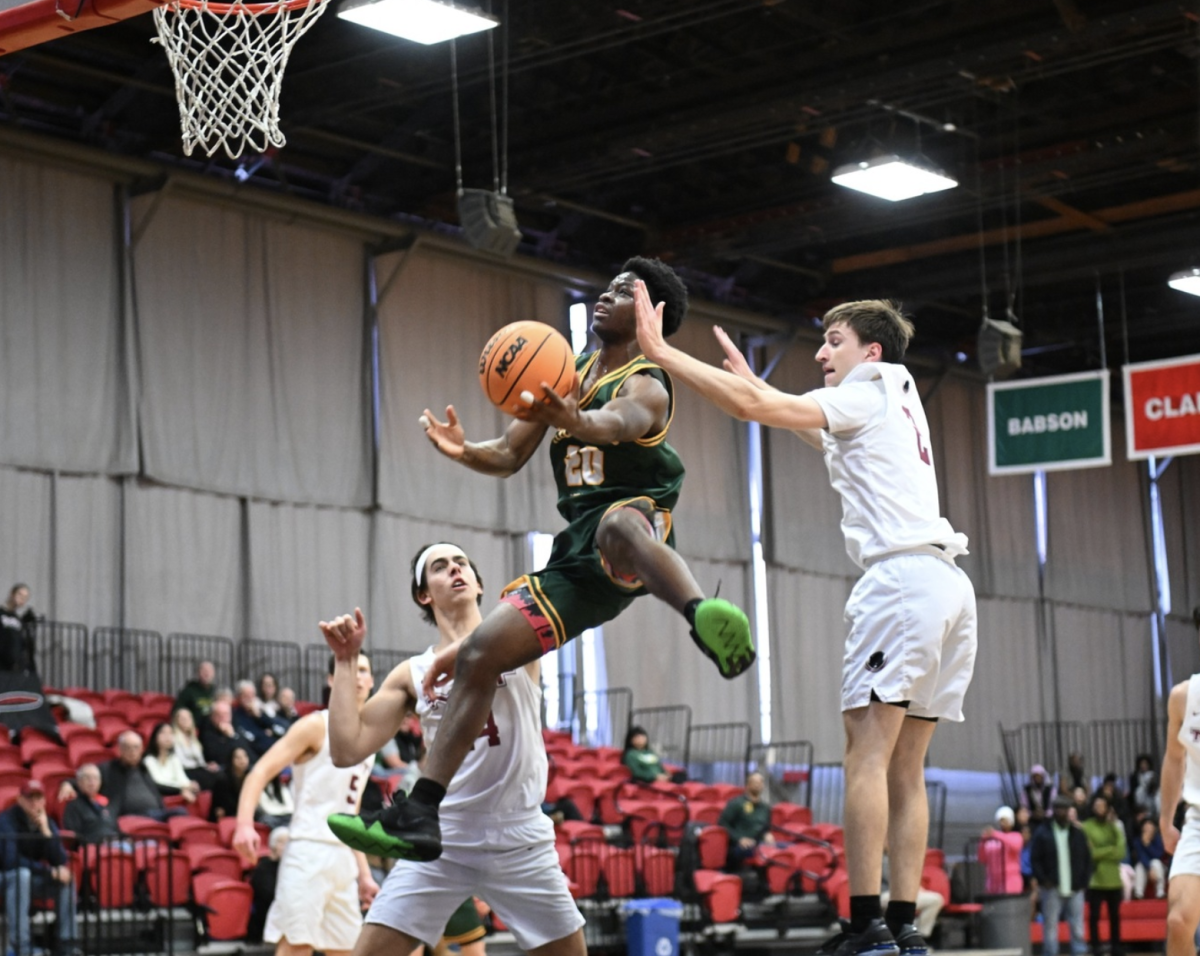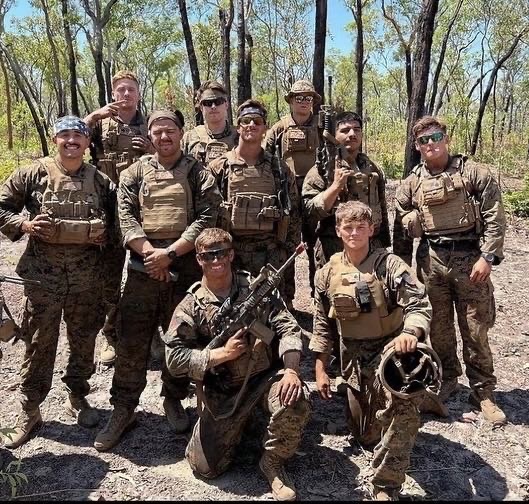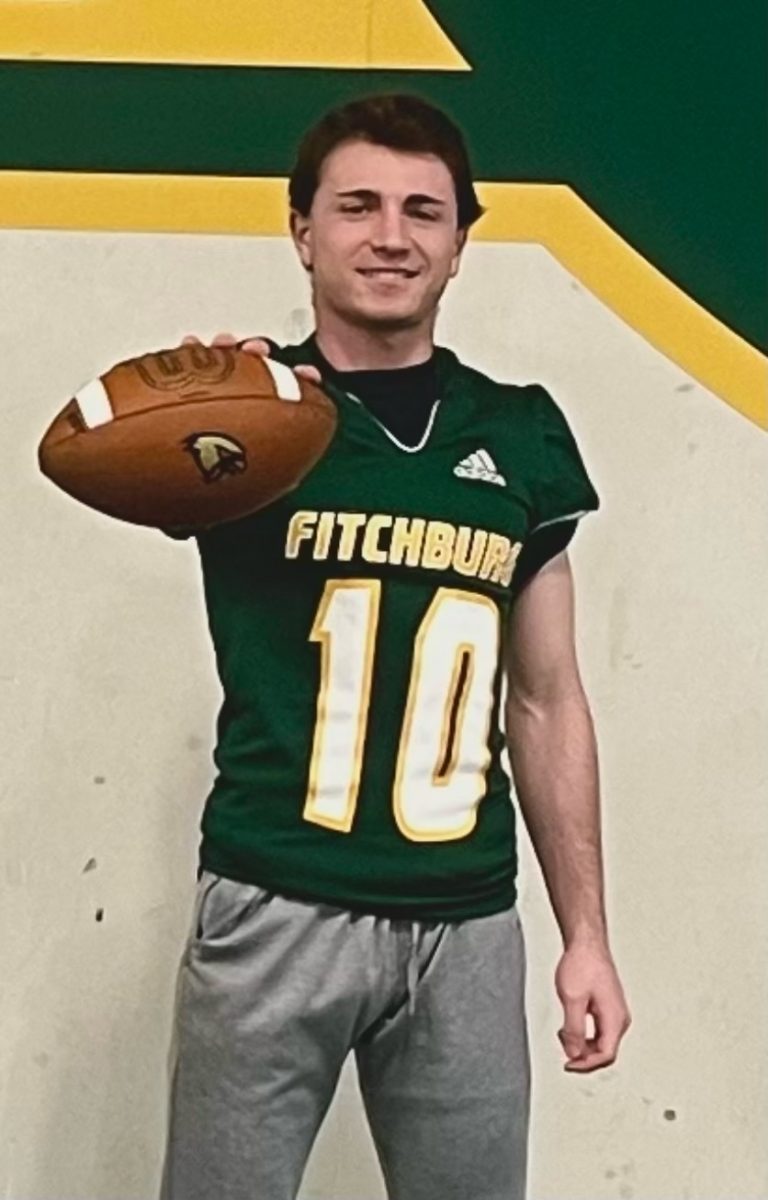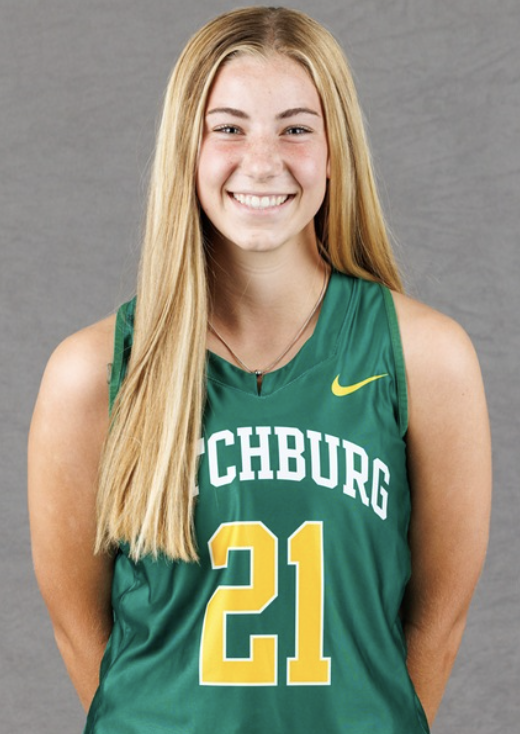By David Bray

The National Hockey League has canceled the 2013 Winter Classic, a New Year’s Day tradition where a professional hockey game is played outdoors, the way hockey was meant to be played. This year’s Classic was supposed to be a great event between two Original Six teams (the Detroit Red Wings and the Toronto Maple Leafs) and was expected to have a sellout crowd at Michigan Stadium, the largest stadium in the Western Hemisphere, and third largest in the world. It would have been a fun event and a welcome alternative to the New Year’s Day college football bowl games, which have been rendered meaningless since the introduction of the BCS National Championship Game. The cancellation of the Winter Classic is just another setback in a long string of disappointments shared by hockey fans all across North America since the Stanley Cup Finals ended in June.
Every few years, professional sports leagues have to renegotiate their collective bargaining agreements with the various unions that work for them. In the last year and a half, all four major sports leagues have had to negotiate new CBAs with their respective players unions. First the NFL locked their players out shortly after the Super Bowl in 2011, but was able to negotiate a new CBA by August and did not have to cancel any regular season games. In the summer of 2011, the NBA locked out their players and canceled games, but negotiated a new CBA in time for the season to start on Christmas Day. Major League Baseball, who has a well documented history of labor disputes and even canceled the World Series and much of the season in 1994, did the best job of negotiating a new CBA. Talks began shortly after the World Series, and the two sides worked out a new deal without even threatening to lock out the players. With the other leagues having trouble negotiating, and given the NHL’s history of lockouts, hockey fans were gravely worried that their sport may be headed for another canceled season. Turns out they were right to be worried.
The NHL canceled the entire 2004-05 season when the league owners and the players could not come to terms on a new CBA. An ominous reminder of that lost season is forever engraved on the Stanley Cup. In the space where it would normally list the players, coaches, and executives of the championship winning team, it simply says “2004-05. Season not played.” In the end, the players caved to the owner’s terms, accepting a smaller share of the league revenue and having a hard salary cap based on hockey related revenue imposed on every team.
In the years following, NHL hockey slowly but surely rebuilt in popularity. On New Year’s Day in 2008, the first Winter Classic was played between the Buffalo Sabres and the Pittsburgh Penguins at Ralph Wilson Stadium in Buffalo. It quickly became a popular tradition, and was held at Chicago’s Wrigley Field in 2009, Boston’s Fenway Park in 2010, Pittsburgh’s Heinz Field in 2011, and Philadelphia’s Citizens Bank Park in 2012. In every year from 2006 to 2012, the Stanley Cup was won by a different team. Fans of the Carolina Hurricanes, Anaheim Ducks, and Los Angeles Kings got to experience winning the Stanley Cup for the first time, while fans in Original Six cities Boston and Chicago got to experience old time hockey with a new generation of champions, while Detroit and Pittsburgh continued their winning ways of the 90s.
This time around, the owners wanted the players to make even more concessions in the negotiating. They want to give them an even smaller portion of the pie, impose a five year limit on contracts (just months after owners lured players to sign with their teams with contracts longer than ten years), and will not let the players win in any part of the negotiating. When the players came back to the negotiating table with counteroffers, the owners and commissioner refused to consider any of their terms.
Canceling a season does not just affect players and coaches from a financial standpoint. A canceled season hurts the employees of arenas, the people who sell concessions, and the security workers. It affects the owners of local restaurants and bars who might not be able to employ as many people in the winter if they do not have the hockey games a few nights a week to boost revenue. A city like Detroit, which has had its share of financial hardships, would have benefited greatly from hosting the Winter Classic and selling tickets to what would have been the largest attendance for a professional hockey game of all time, will really be hurt by the season not being played. The two sides are being more than selfish by canceling the season; they’re harming the economy.
Many people have been blamed for the situation the league is in, but it ultimately falls on NHLPA Director Donald Fehr, NHL Commissioner Gary Bettman, and Board of Governors Chairman Jeremy Jacobs. Fehr was the union leader for the Major League Baseball players when they went on strike in 1994, so he is no stranger to canceling games. Since Bettman has been Commissioner, the NHL has locked out their players and canceled games three times. The first time, in the 1994-95 season, a shortened regular season was played and the Stanley Cup Playoffs still went as scheduled. In 2004-05, the whole season was lost, and in 2012, games have been canceled through the end of November as well as the Winter Classic with no end of the lockout in sight. Jacobs may be the worst offender of them all, though.
Even before leading his fellow owners to push Bettman to cancel the season in 2005, Jacobs had a reputation of having a low regard for hockey players and fans. As the owner of the Boston Bruins since 1975, Jacobs, a billionaire, never spent what needed to be spent for the Bruins to win a championship even if it was well within his means. He made franchise players like Ray Bourque and Cam Neely, both of whom have been inducted into the Hockey Hall of Fame and have their numbers retired to the rafters of the TD Garden, go through salary arbitration because he was not willing to pay them what other teams would. Jacobs lives in Buffalo, New York and is rarely seen at Bruins games during the regular season. The perception of Jacobs among Bruins fans had long been that he was only interested in exploiting their loyalty and selling merchandise.
It was Jacobs who pushed for a salary cap and, once he got his cap, appeared to be more willing to spend for a winning team. In 2011, the Boston Bruins won their first Stanley Cup championship since 1972, and Jacobs now has his name engraved in the greatest trophy in all of sports. Bruins fans thought the old man had finally turned over a new leaf and that the Boston Bruins were finally more than a financial investment to him. That perception came crashing down when the NHL owners once again cared more about squeezing money out of the players than actually playing the games.
No matter how long the lockout lasts, true hockey fans will undoubtedly return when the games do. The product on the ice is too good for them to ignore. Still, the owners might find that the more passing fans, invigorated by their franchises winning in recent years, might be more reluctant to spend money on merchandise for a team they can barely remember caring about. It’s a dangerous road for the owners to travel, as hockey is typically viewed as having the smallest fan base of the four major American sports. If there is no hockey for an extended time, those casual fans will start to edge their way towards other markets. Meanwhile, the true hockey fans, though they will return, have to bitterly wait for the billionaires who seem to only want them for their money to figure out a way they can make even more. For now though, fans will be stuck watching a meaningless college football game on New Year’s Day because the NHL cannot get their act together in time for what could be a great hockey tradition.



